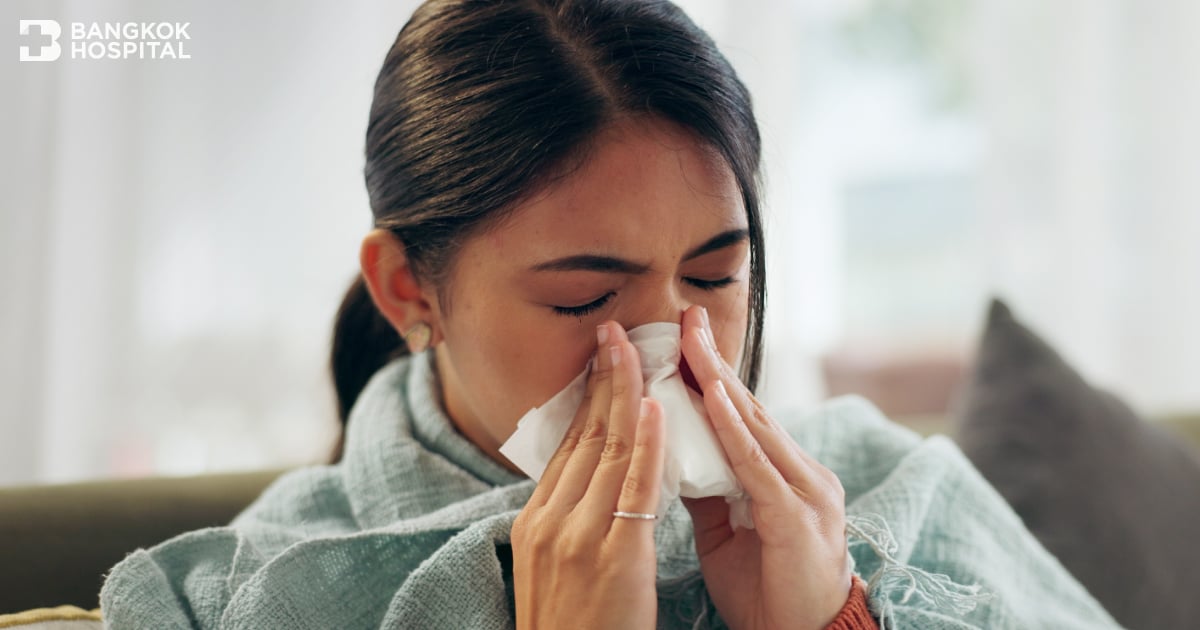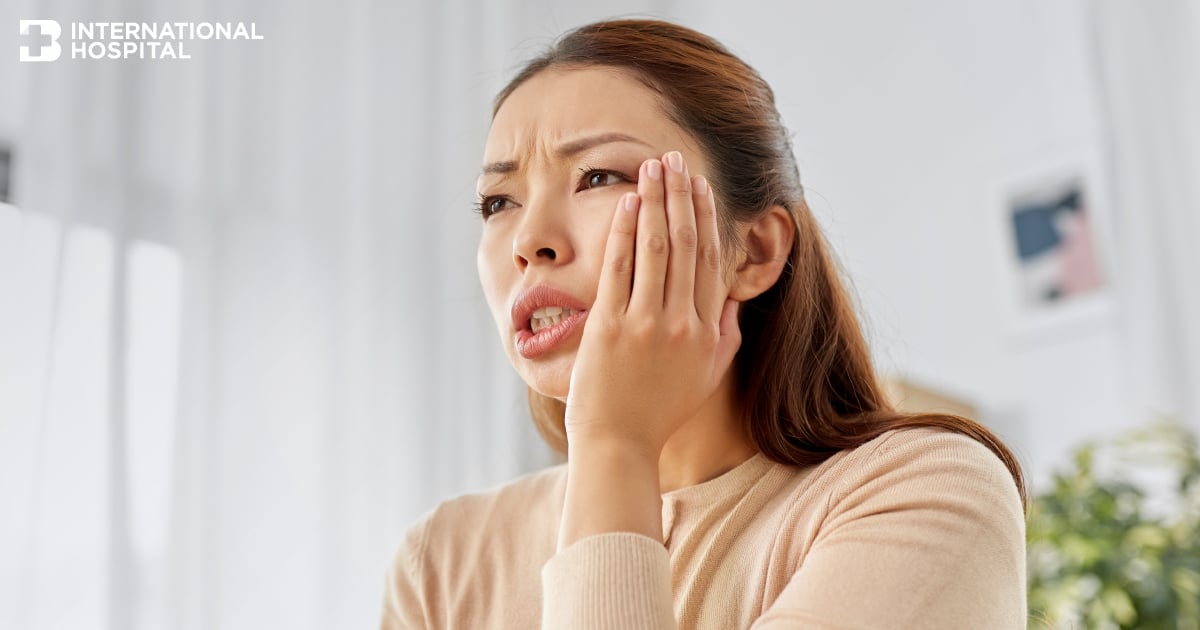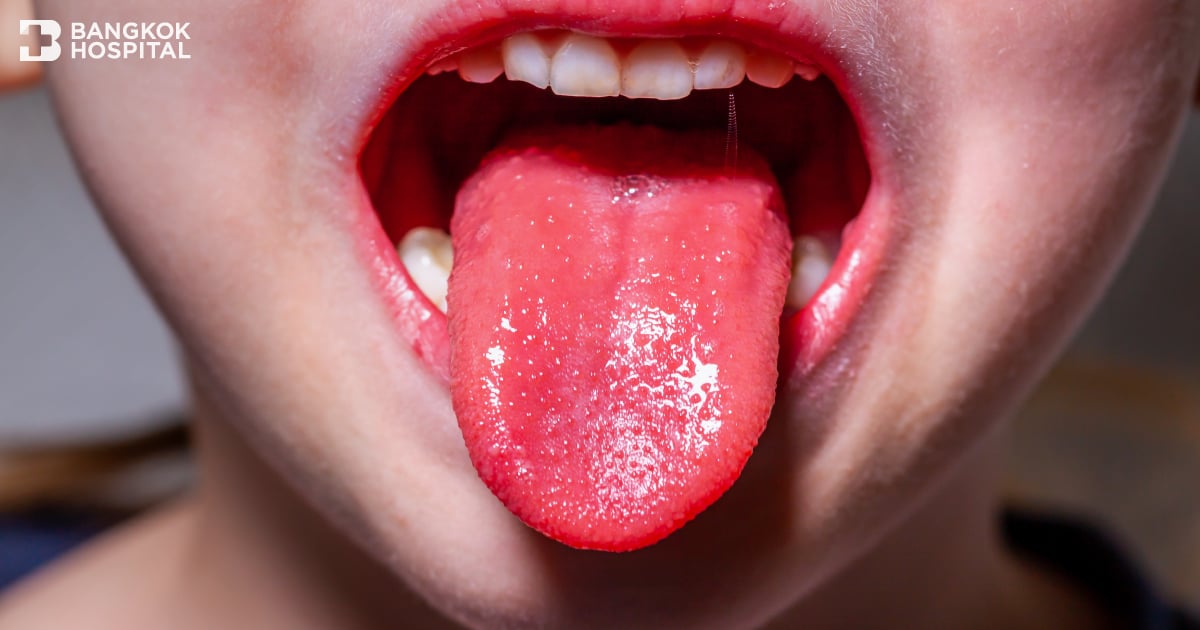What causes pneumonia?
Pneumonia, also known as “lung inflammation,” is an infectious disease of the lower respiratory tract that can be caused by bacteria, viruses, and fungi, with bacteria and viruses being the most common causes. The causes of the disease vary among different age groups and environmental conditions. The body gets infected through the respiratory system. Generally, pneumonia is a condition that follows the flu, which is common during the rainy season. The severity of the disease varies.
Is pneumonia in the elderly life-threatening?
In elderly people with low immunity, the risk of developing complications from pneumonia is very high, such as bloodstream infections or respiratory failure, which cause up to 50% of elderly patients with this disease to die. This is why pneumonia in the elderly is more frightening than in the general population, as complications affect various systems in the body making treatment difficult.
What are the symptoms of the disease?
The duration of pneumonia varies depending on the type of infection, ranging from 1 – 3 days to weeks, following the onset of flu symptoms. If patients begin to experience coughing, phlegm, difficulty breathing, chest pain, nausea, vomiting, fatigue, and high fever, these are indicators that it might not just be a common cold but could include pneumonia. In the elderly, symptoms may be unspecific, with confusion and lethargy being common and not necessarily preceded by fever or a cough.
How do you know if it’s pneumonia?
The diagnosis is made by examining symptoms and performing physical examinations, X-Ray scans, blood tests, and sputum cultures to confirm the diagnosis and determine the causing pathogens. These results will lead to the correct treatment approach.
How is pneumonia treated?
Pneumonia caused by bacterial infection can be treated with antibiotics in oral or injectable forms, with the choice depending on the severity of the disease. Generally, symptoms improve within 2 – 3 days after antibiotic treatment. Pneumonia caused by virus infection is less severe than bacterial infection, and treatment is based on symptoms focusing on self-care and rest. However, elderly patients with chronic diseases should be hospitalized for close monitoring to prevent complications.
Can pneumonia be prevented?
The major causative agent of bacterial pneumonia is Streptococcus Pneumoniae, which includes more than 90 strains. This bacterium can also cause serious diseases like meningitis and bloodstream infections. Currently, vaccines have been developed to prevent such infections, divided into two types: Conjugated Vaccine which comes in 3 forms mainly for children, with one, PCV13, covering 13 strains and is certified for adults over 50 years old. The Polysaccharide Vaccine or PPSV23 covers 23 strains. Side effects from vaccination are common in about 30 – 50% of cases, such as pain, swelling, redness at the injection site, and may include fever and muscle aches but are rare. Severe side effects are very rare. These vaccines are made from parts of the bacteria, not live bacteria, hence they do not cause disease post-vaccination but stimulate immunity, usually effective within 2 – 3 weeks.
Who should get vaccinated?
1. Elderly people over the age of 65.
2. People aged 2 – 65 years
- with immune system abnormalities due to medications such as steroids, immunosuppressants, certain chemotherapy drugs.
- undergoing radiation therapy or due to disease itself such as renal failure, cancer, asplenia or dysfunctional spleen, organ or bone marrow transplants, HIV infection, etc.
- with chronic conditions such as lung diseases, heart diseases, diabetes, liver cirrhosis, chronic alcoholism, cerebrospinal fluid leaks, Cochlear implants.
3. People aged 19 – 64 years who smoke or have asthma.
The vaccination is administered in a single dose into the muscle, and some cases may require a booster after 5 years, such as in patients with cancer, HIV infection, asplenia or dysfunctional spleen, using immunosuppressive drugs, or after organ transplantation. If the first dose was given before the age of 65 and it has been over 5 years, a booster dose may be considered. After the second dose, no further doses are necessary regardless of time elapsed.
***In addition to preventing pneumonia, vaccines also help to reduce the severity of the disease if an infection occurs later.
How can pneumonia be prevented?
- Get enough rest.
- Avoid close contact or touching patients with the flu or early flu symptoms.
- Regularly wash hands to prevent infections.
- Maintaining a healthy lifestyle, eating nutritious food, and regularly exercising can help reduce the risk of pneumonia.





